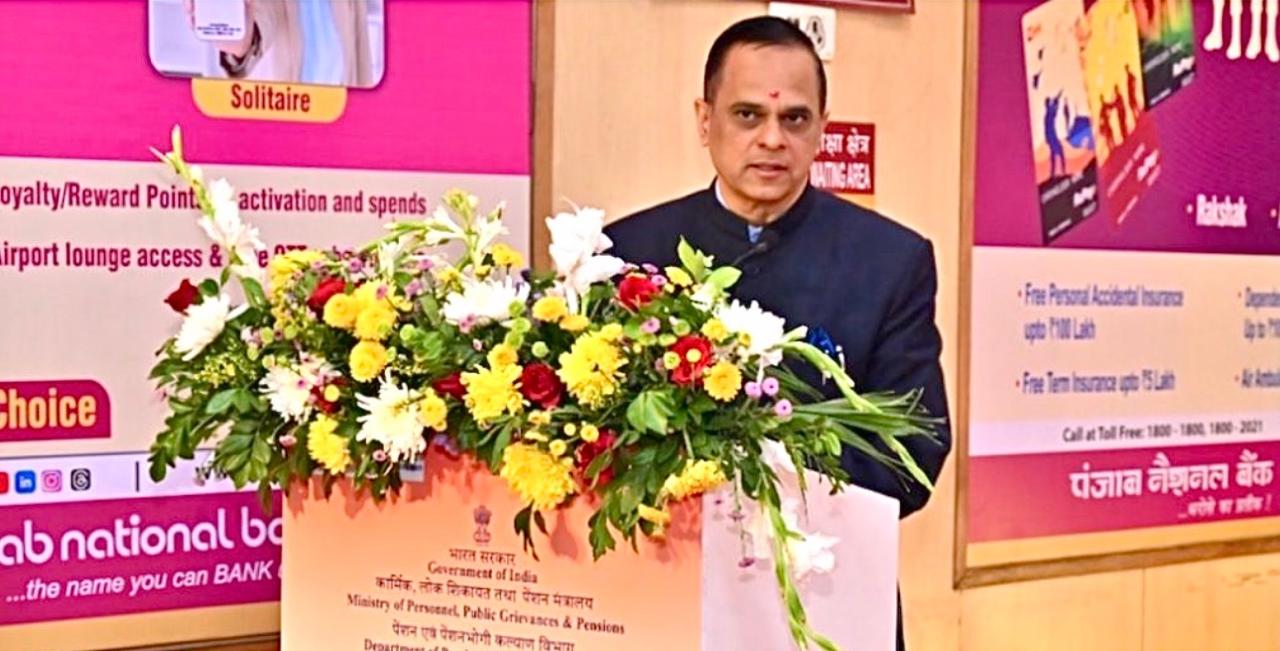Israeli cyber firm NSO Group’s exhibition stand is seen at “ISDEF 2019”, an international defence and homeland security expo, in Tel Aviv, Israel June 4, 2019. REUTERS
Summary
- U.S. district judge rules in favor of WhatsApp in lawsuit
- WhatsApp calls ruling a win for privacy
- No immediate response from NSO to email seeking comment
Dec 20 (Reuters) – A U.S. judge ruled on Friday in favor of Meta Platforms’ (META.O), WhatsApp in a lawsuit accusing Israel’s NSO Group of exploiting a bug in the messaging app to install spy software allowing unauthorized surveillance.
U.S. District Judge Phyllis Hamilton in Oakland, California, granted a motion by WhatsApp and found NSO liable for hacking and breach of contract.
The case will now proceed to a trial only on the issue of damages, Hamilton said. NSO Group did not immediately respond to an emailed request for comment.
Will Cathcart, the head of WhatsApp, said the ruling is a win for privacy.
“We spent five years presenting our case because we firmly believe that spyware companies could not hide behind immunity or avoid accountability for their unlawful actions,” Cathcart said in a social media post.
“Surveillance companies should be on notice that illegal spying will not be tolerated.”
Cybersecurity experts welcomed the judgment.
John Scott-Railton, a senior researcher with Canadian internet watchdog Citizen Lab, which first exposed NSO’s Pegasus spyware in 2016, called the judgment a landmark ruling with “huge implications for the spyware industry.”
“The entire industry has hidden behind the claim that whatever their customers do with their hacking tools, it’s not their responsibility,” he said in an instant message. “Today’s ruling makes it clear that NSO Group is responsible for breaking numerous laws.”
In 2019, WhatsApp sued NSO seeking an injunction and damages, accusing it of accessing WhatsApp servers without permission six months earlier to install the Pegasus software on victims’ mobile devices. The lawsuit alleged the intrusion allowed the surveillance of 1,400 people, including journalists, human rights activists and dissidents.
NSO had argued that Pegasus helps law enforcement and intelligence agencies fight crime and protect national security and that its technology is intended to help catch terrorists, pedophiles and hardened criminals.
NSO appealed a trial judge’s 2020 refusal to award it “conduct-based immunity,” a common law doctrine protecting foreign officials acting in their official capacity.
Upholding that ruling in 2021, the San Francisco-based 9th U.S. Circuit Court of Appeals called it an “easy case” because NSO’s mere licensing of Pegasus and offering technical support did not shield it from liability under a federal law called the Foreign Sovereign Immunities Act, which took precedence over common law.
The U.S. Supreme Court last year turned away NSO’s appeal of the lower court’s decision, allowing the lawsuit to proceed.
Reporting by Raphael Satter and Ryan Patrick Jones; Editing Jasper Ward and Muralikumar Anantharaman



